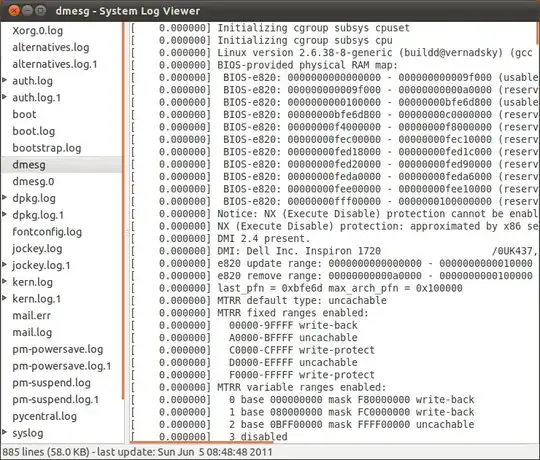1st have a look at the answer by MaroCeppi here: Which logs should I pay attention to? It explains what some of the more common logs are used for. There is one more log named .xsession-errors in your home dir (and this records your login and has amongst others errors on loading indicators and laucher items), and often grows VERY large, especially if you never log out.
In general there is no need to check logs weekly. Security might be an exception but if that's the case your system probably is hosting a server (Apache for instance) and then it is more for seeing irregular access instead of errors.
I tend to not look at them unless something is really broken.
Specifically targeting your questions:
use this tool to simplify your life
log file viewer is a good place to start:

set up log notification this way and when somethings wired happened, start here
It is a bit hard to answer this but I always start with dmesg or with the log related to the problem (no need to look in .xsession-errors when you get an error during booting ;) )
common command line usages and common uses of grep searching the logs
Commands that are rather useful:
cat will list the whole file.
grep will filter commands.
tail -f will keep a file active and you will see new notices show up in it when they happen. Rather helpful when tracking down what action you do results in a problem.
(tail -100 will show the last 100 lines)
wc -l to count how many times some search happend.
more and less show the file too.
One example of this:
How many times did someone try to login on 'our' apacher server using IP address 111.111.111.111: grep "GET /login.js" /var/log/httpd/access.log | grep 111.111.111.111 | wc -l
